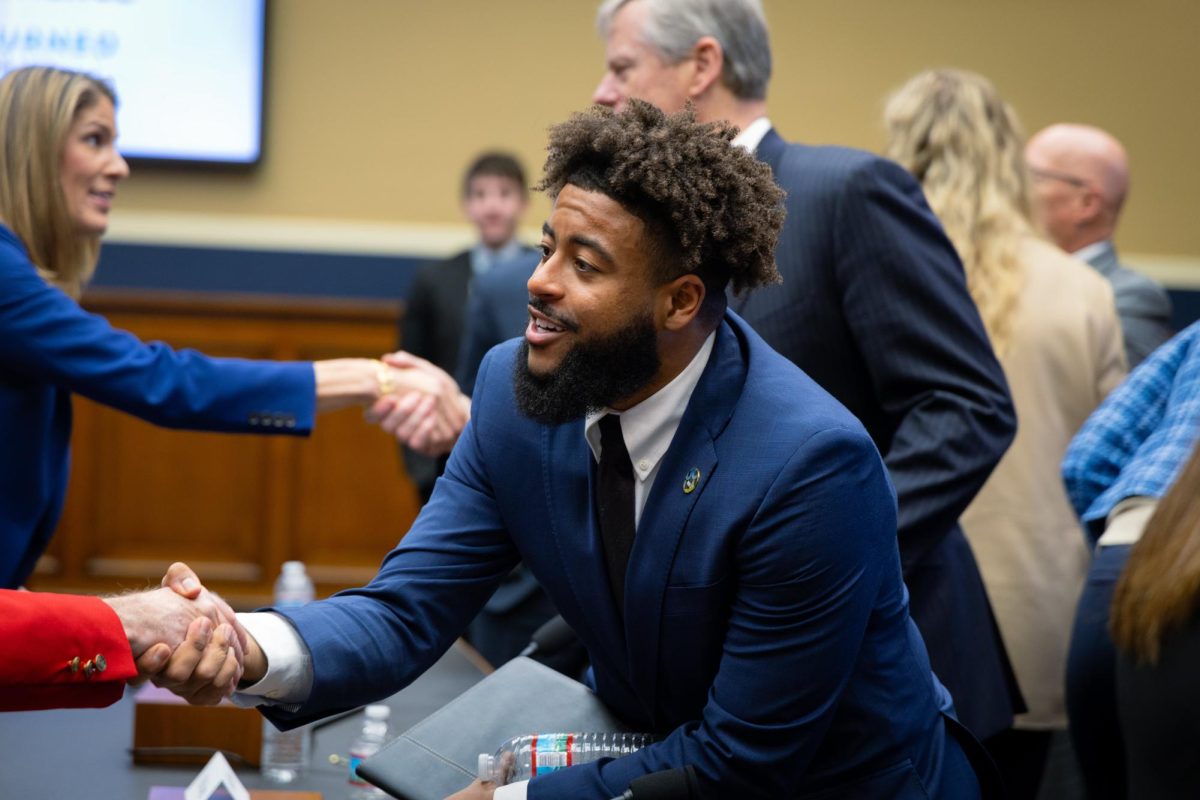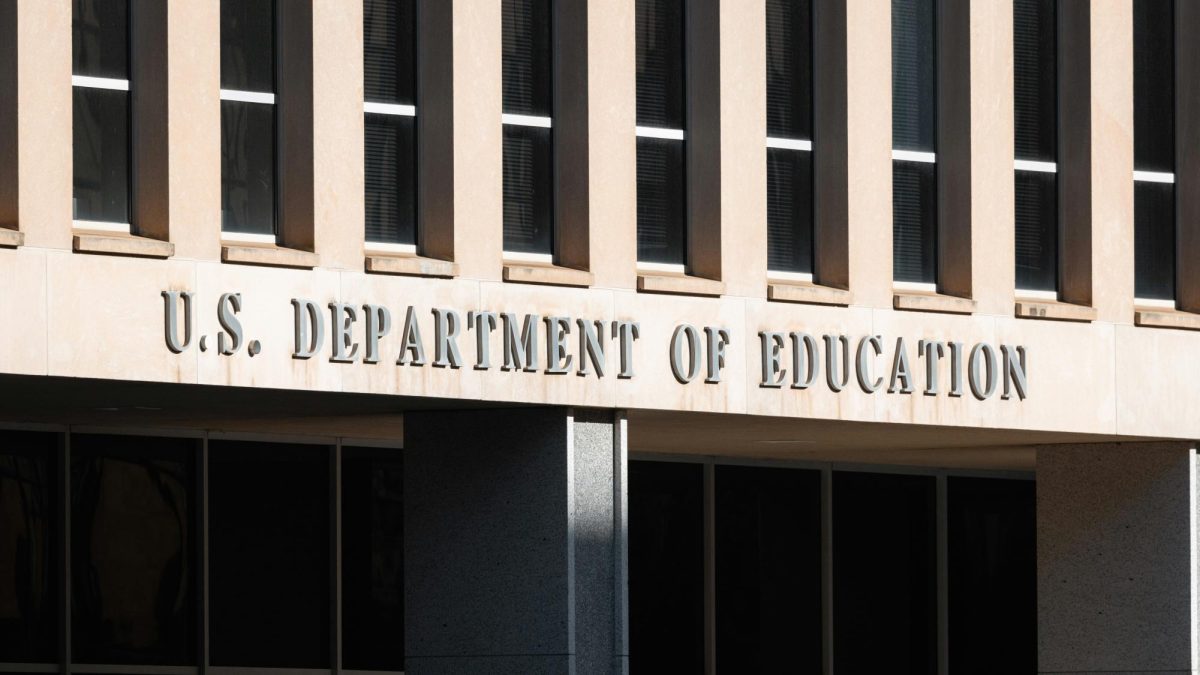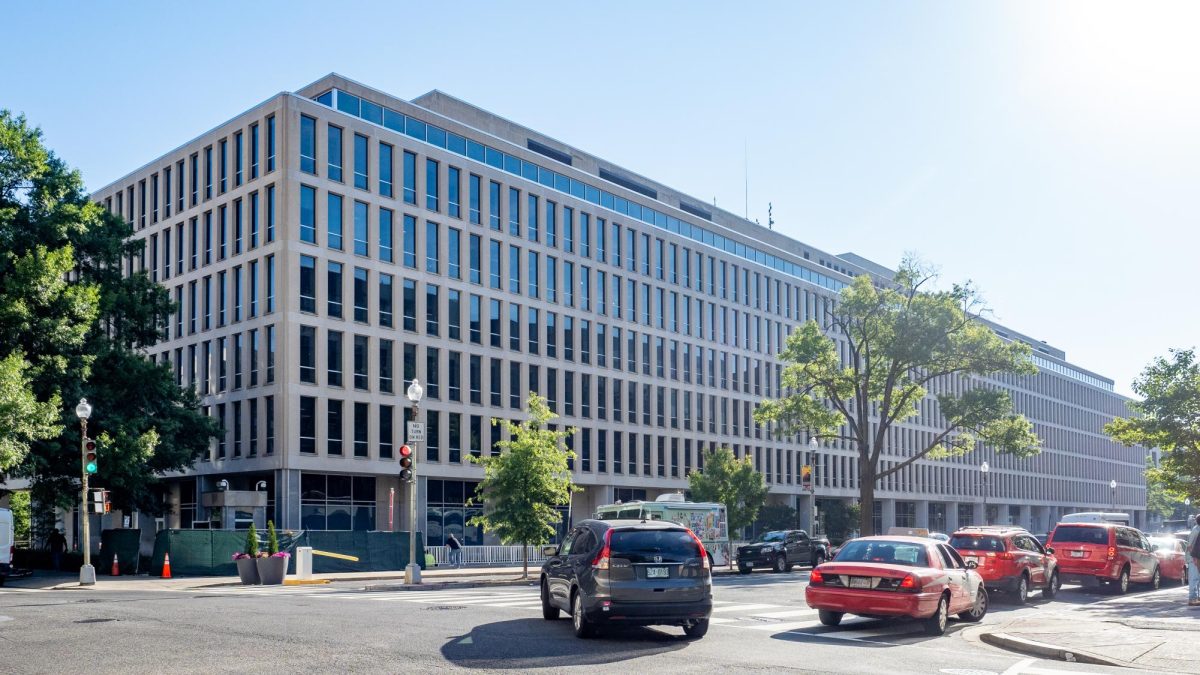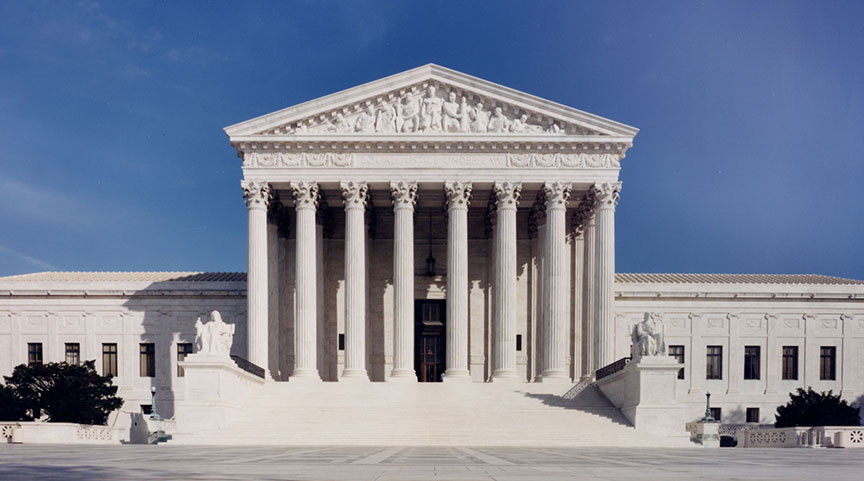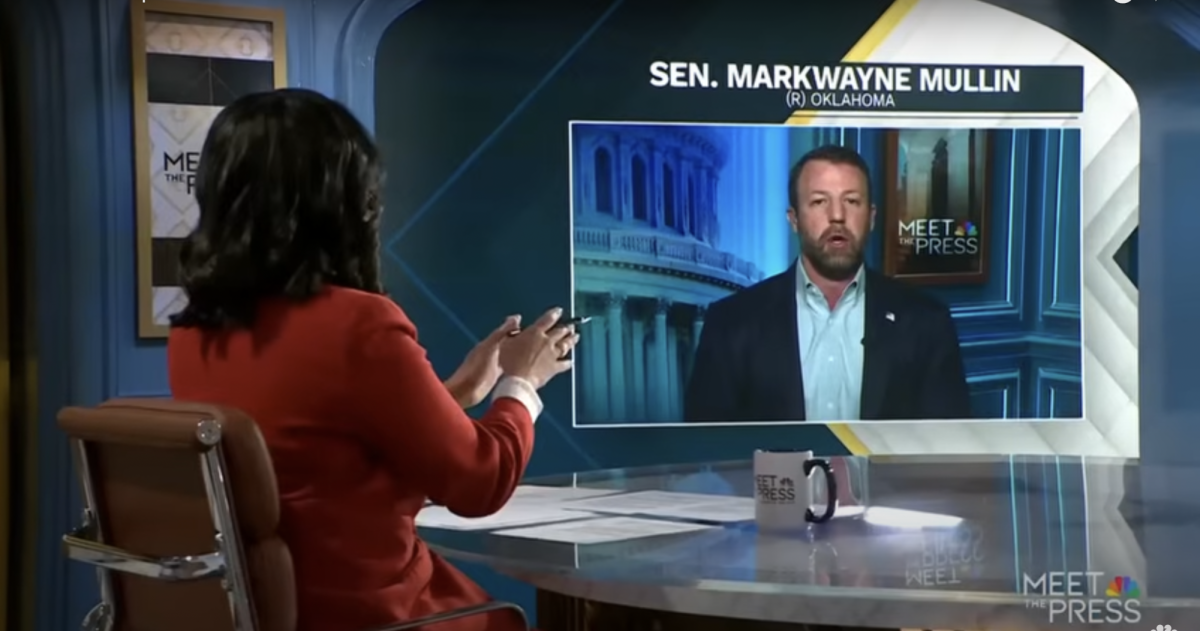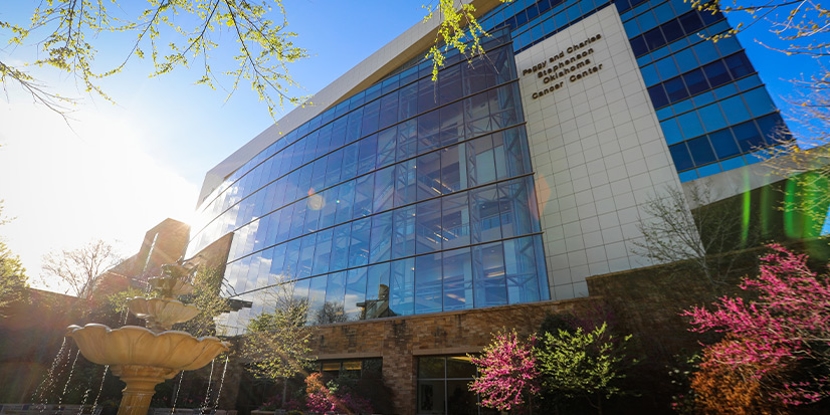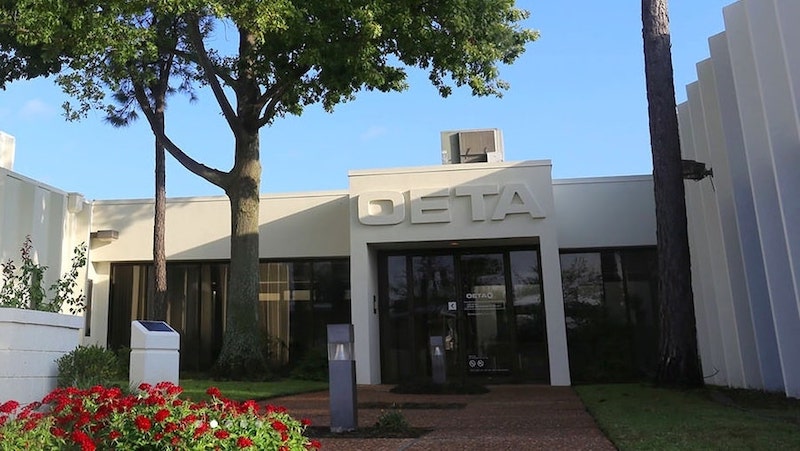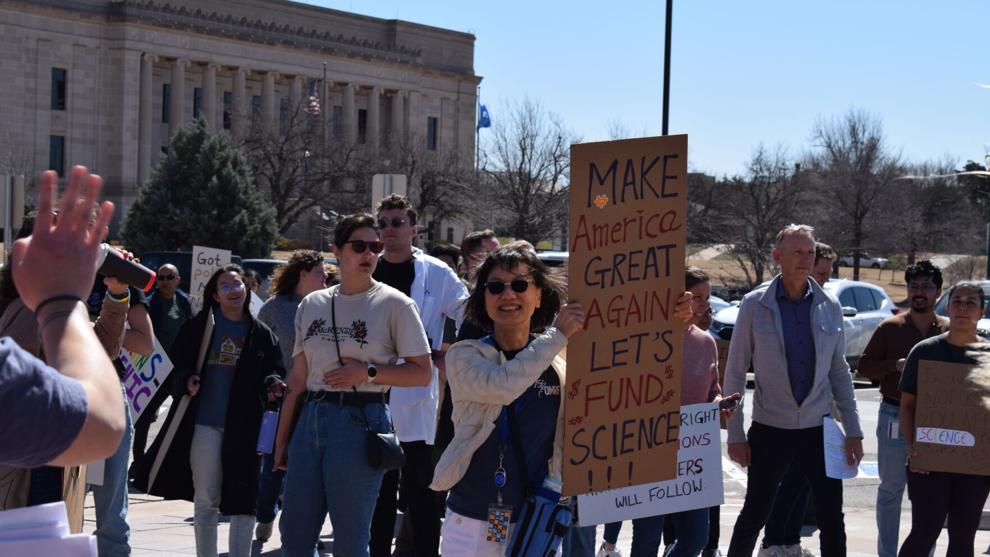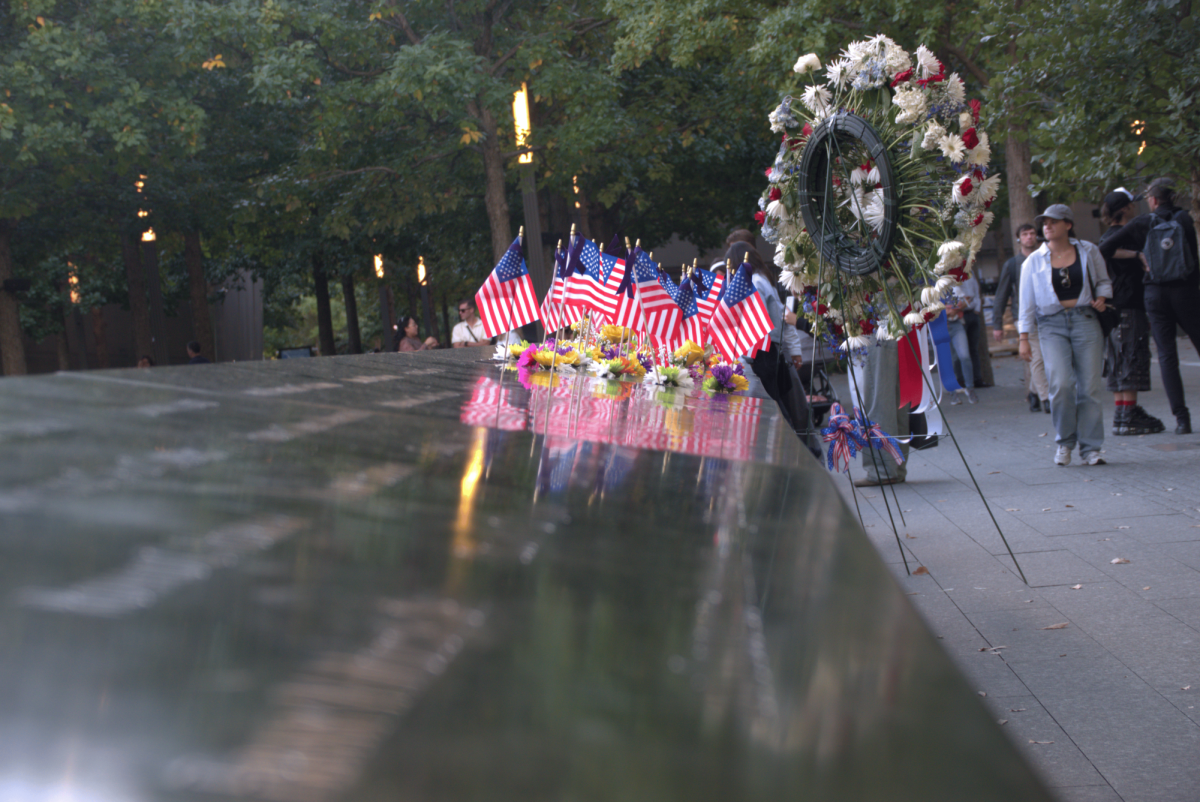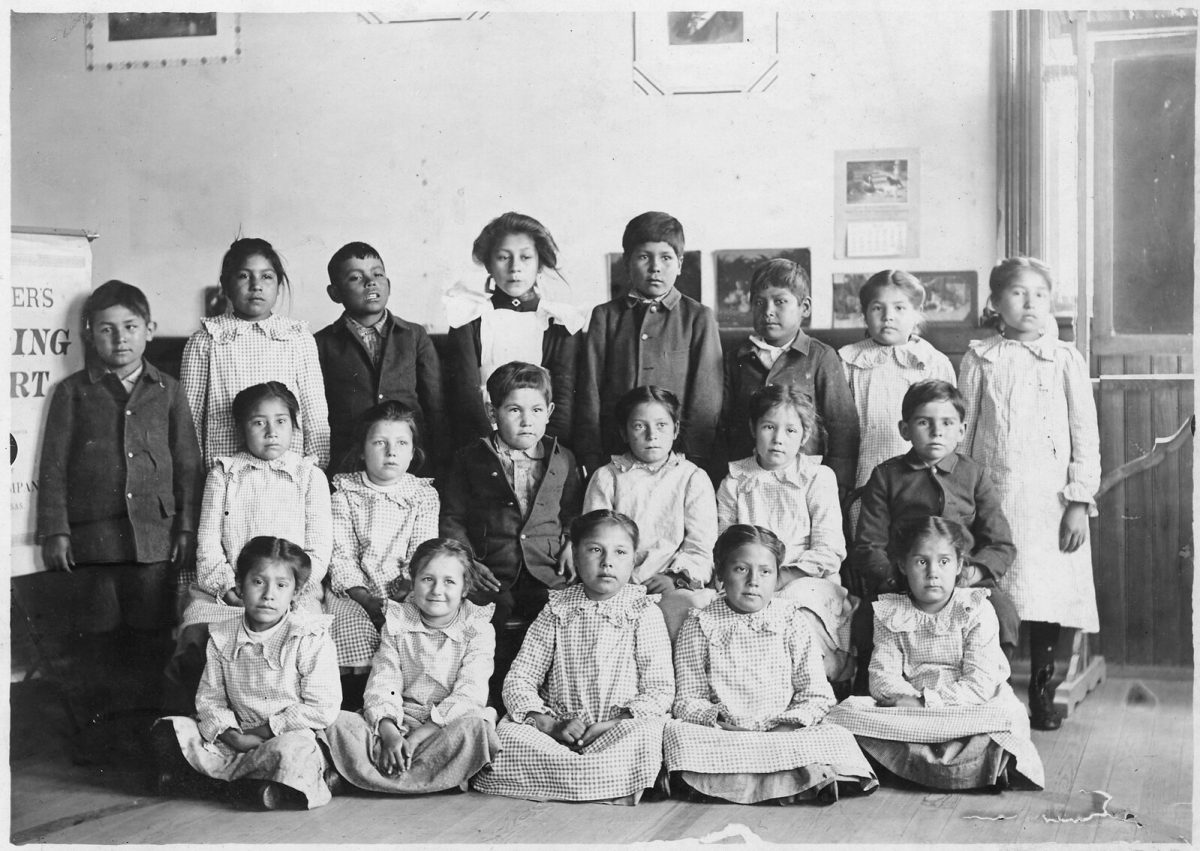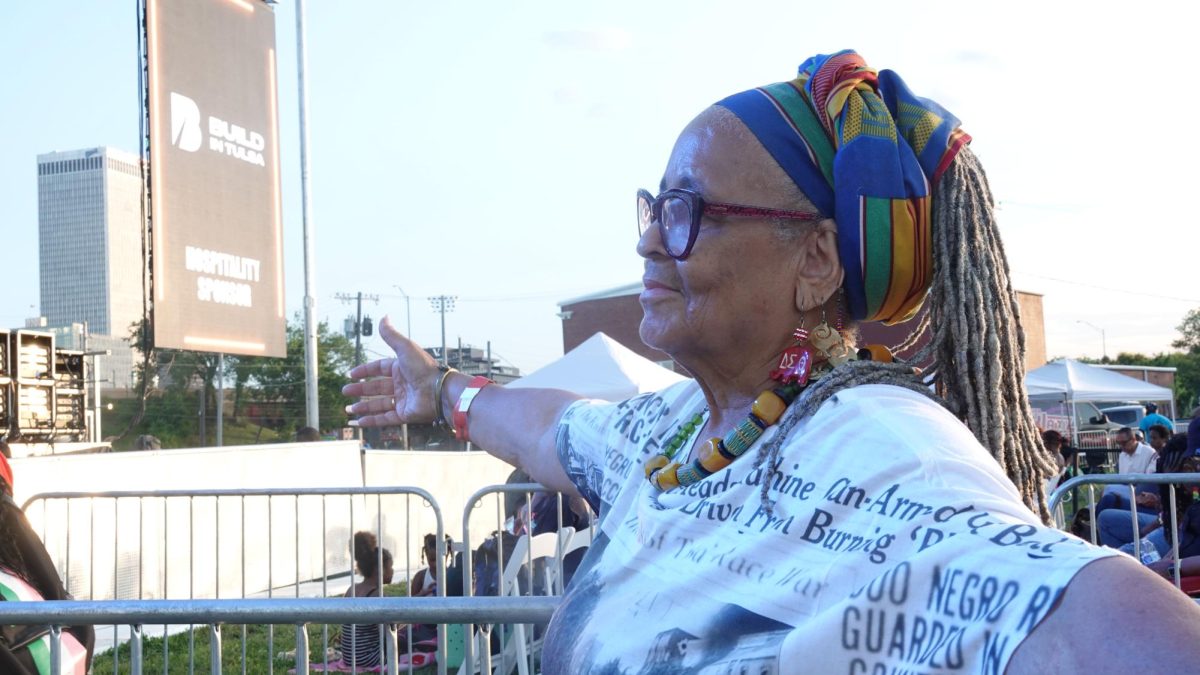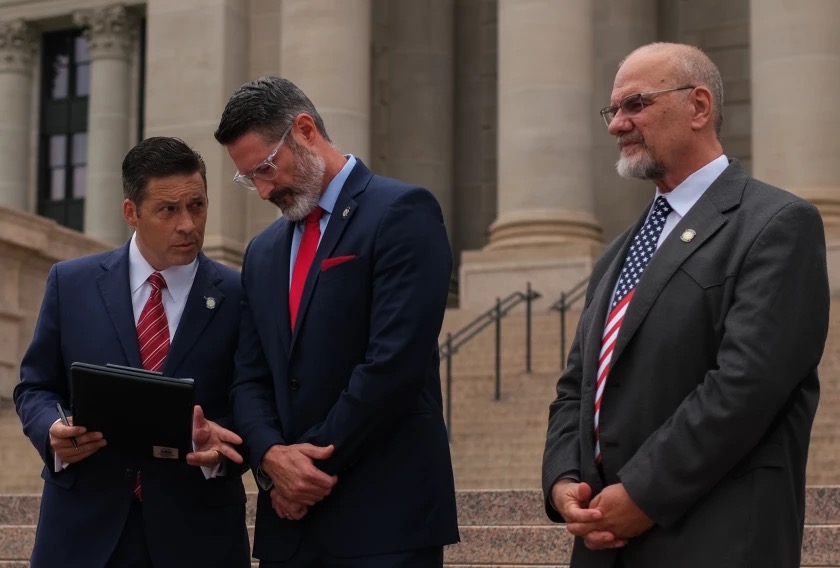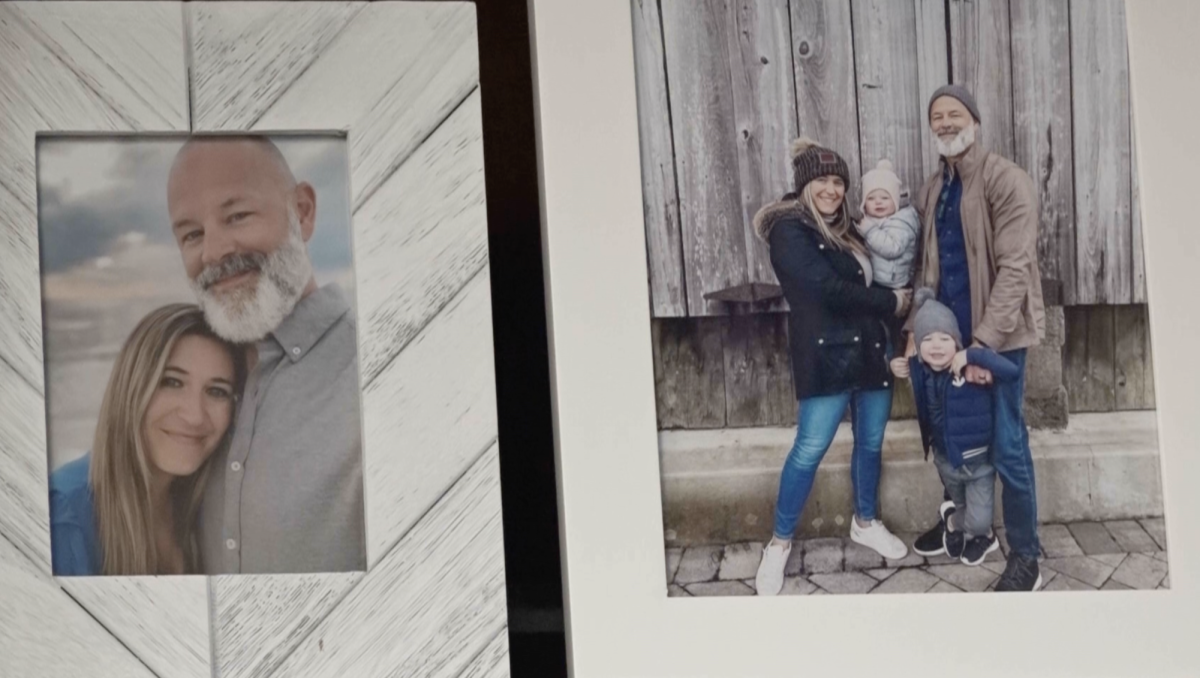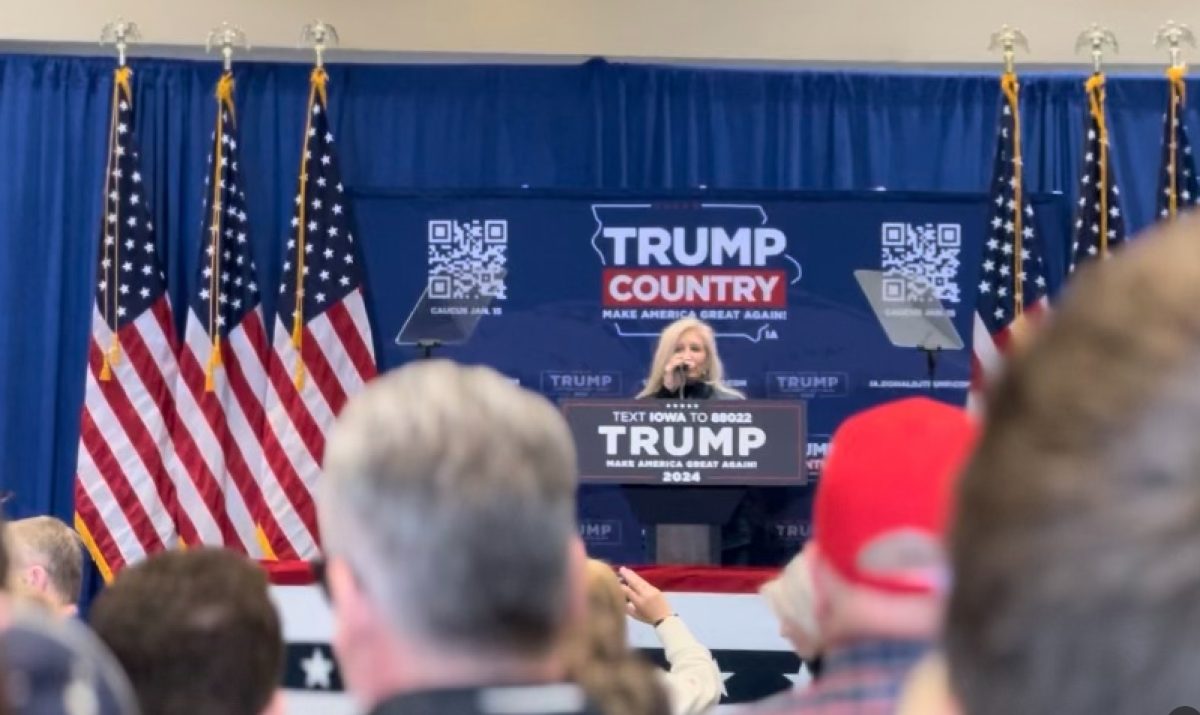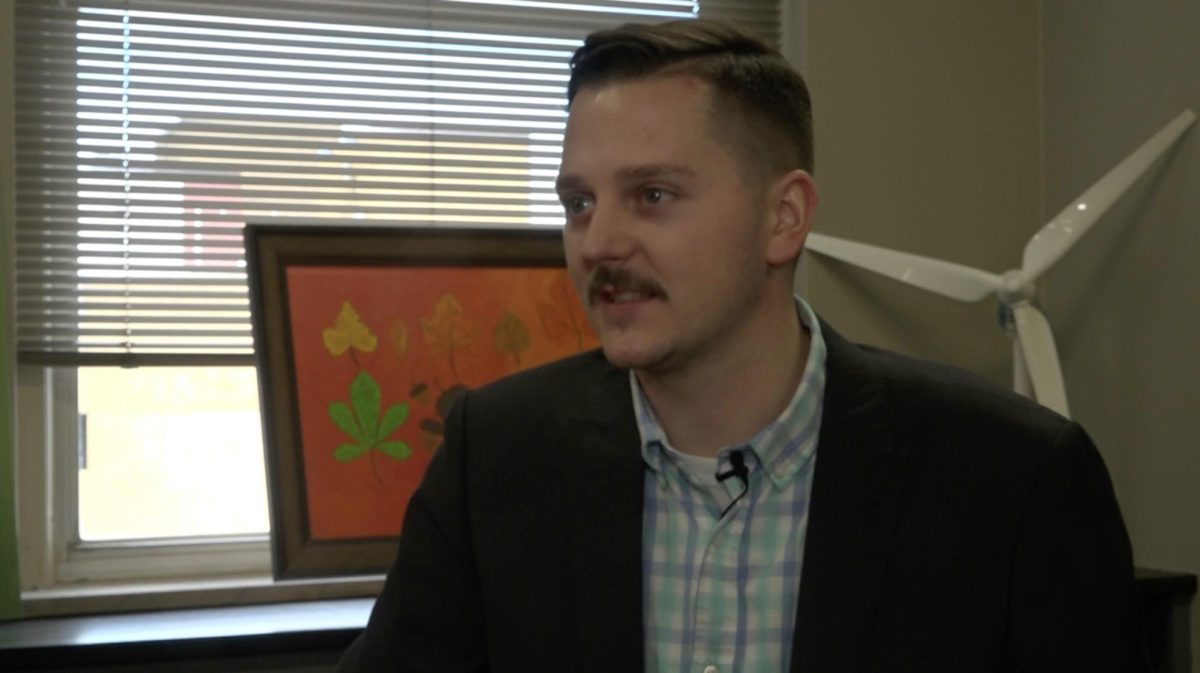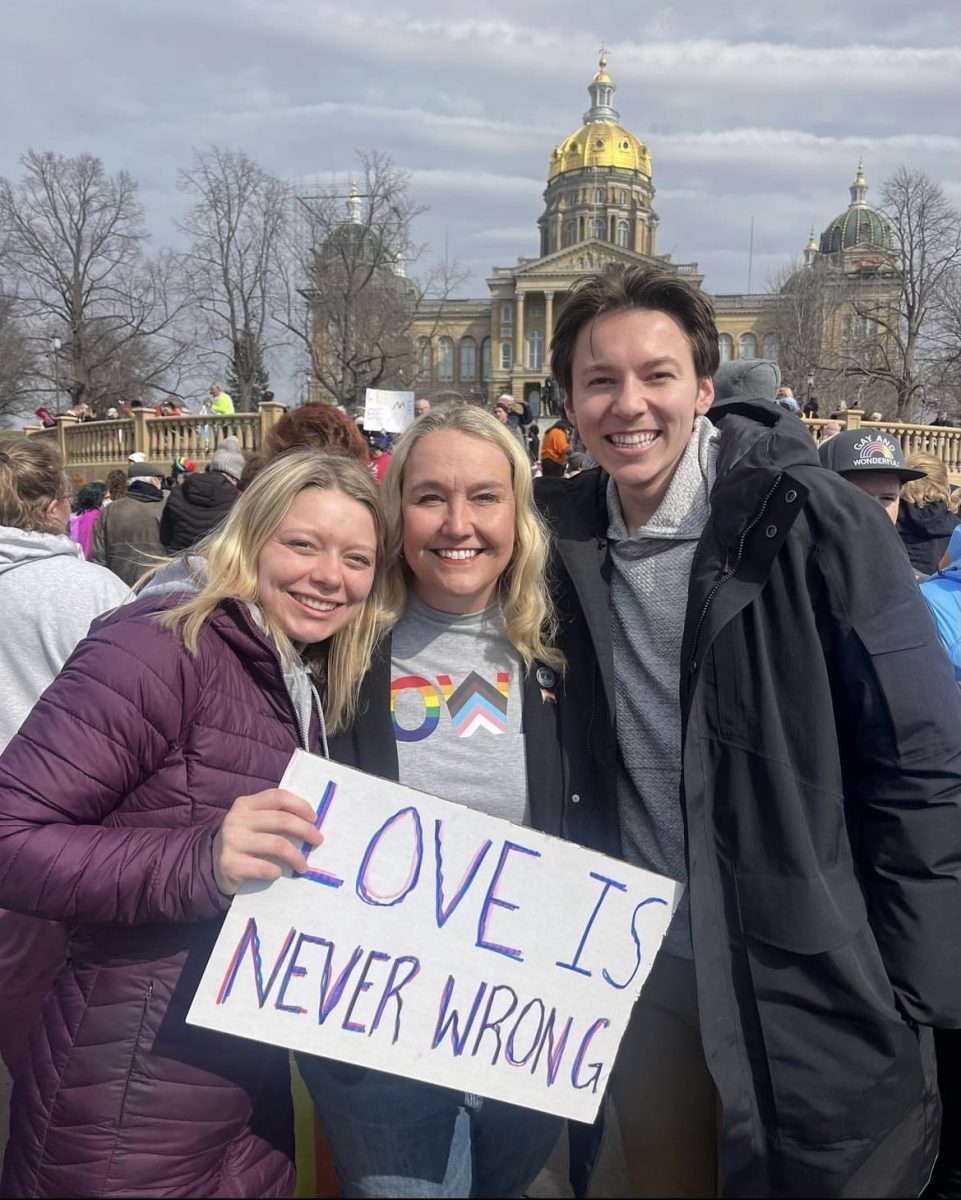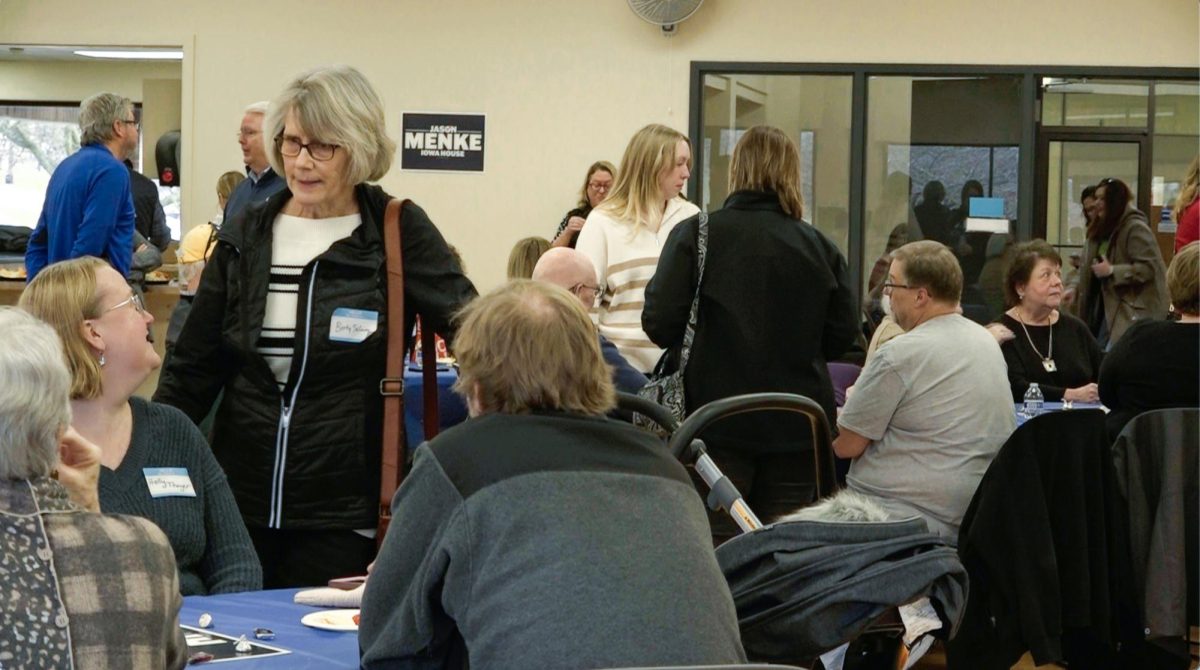WASHINGTON, D.C. –The FAIR College Sports Act is designed to protect students, its sponsors say. But athletes who testified Thursday on Capitol Hill say the bill imposes burdensome restrictions and requirements on college athletes and their name, images and likeness (NIL) rights.
Members of the House Energy and Commerce Committee’s Innovation, Data and Commerce
Subcommittee discussed the proposed federal legislation during a hearing led by committee chairman Cathy McMorris Rodgers (R-WA) and subcommittee chairman Gus Bilirakis (R-FL), who drafted the bill.
NCAA President Charlie Baker, Missouri Valley Conference Commissioner Jeff Jackson, Victoria Jackson, associate clinical professor of history at Arizona State University and student athletes from across the country answered questions and offered testimony during the three-and-a-half hour hearing. With six witnesses testifying and 22 subcommittee members each having five minutes for questions, it was a “tug of war” in favor of and against the proposed bill.
“NIL has just exploded recently in terms of athletes being able to seek brand deals,” said Nikolai Kolesnikov, a gymnast at the University of Oklahoma, speaking on the eve of the hearing.
Kolesnikov already has experience with NIL deals, working with a coffee shop in Norman.
“I definitely have tried to hop on that space and had smaller deals in the past,” he said.
Kolesnikov said the process depends on an athlete’s notoriety and the size of the sport, requiring proactive efforts to seek brand deals independently.
“For athletes like myself, I have to go out and seek brand deals on my own, which can be a little tricky sometimes,” he said.
Kolesnikov said NIL changes present a great opportunity for athletes to provide financial support for themselves and to grow their images through branding.
“I think that it’s definitely changed a lot of things about college sports. You’re seeing that affect sports in a way where it’s becoming more business-oriented, especially with bigger sports.”
OU’s NIL Executive Associate Director, Toby Baldwin, said this week that the role of his office is to educate athletes about opportunities, taxation, entrepreneurship and personal brand strategy.
“Our office is primarily in charge of informing the student athletes of their opportunities with NIL. And we go through a series of education with them on how to do that,” Baldwin said.
Commissioner Jackson said during the hearing that health and safety measures and protocol are at the forefront of all they do and continue to be improved.
“Our institutions take tremendous pride in the support and mentorship that they provide academically, physically and emotionally,” he said.
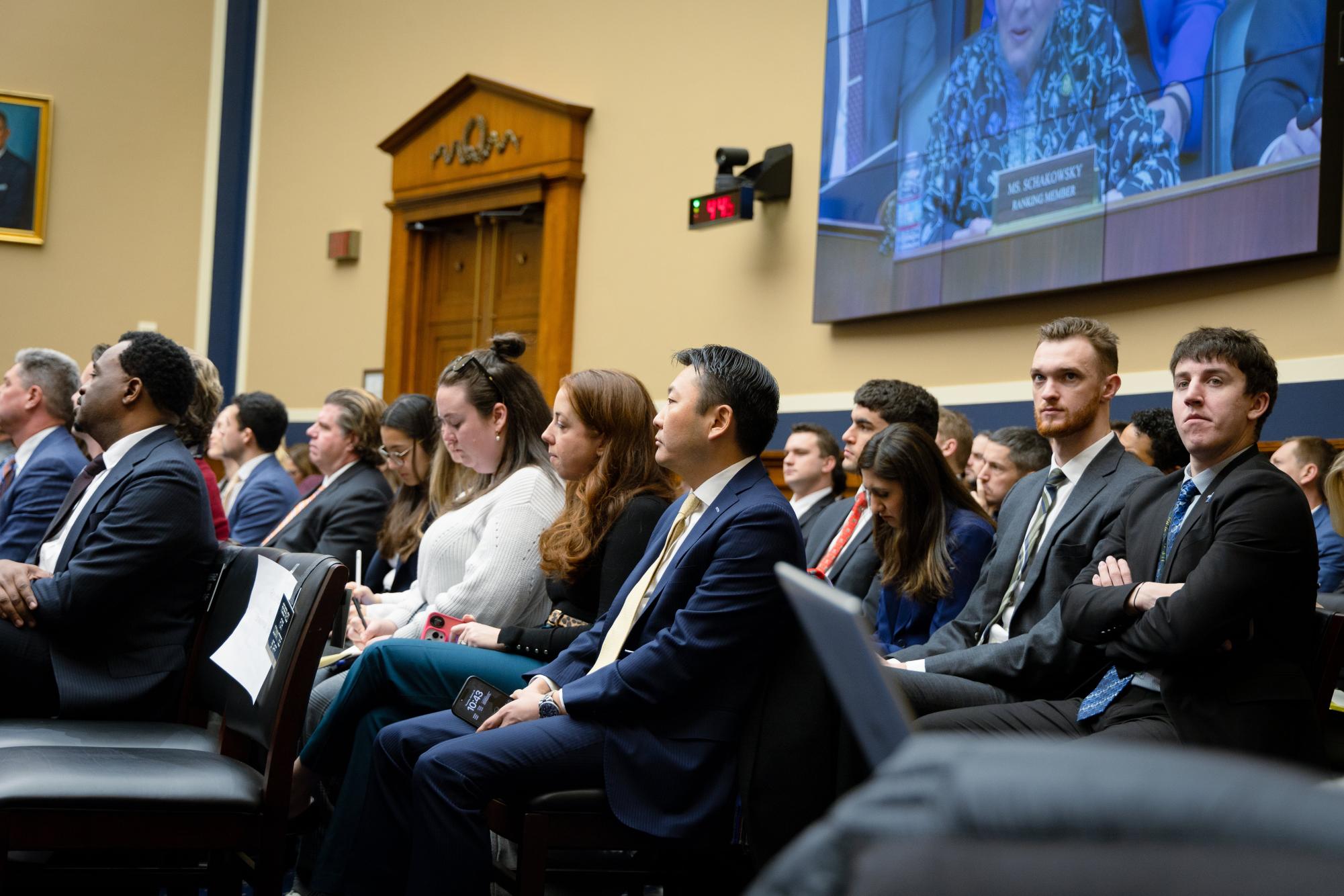
Concerns arose about the lack of similar training opportunities at some universities, potentially jeopardizing the safety of NIL deals.
Kaitlin Tholl, a senior captain of the University of Michigan softball team, said she worries about the lack of preparation for legal battles and financial risks faced by athletes without proper NIL education.
“This is a significant risk in the NIL space. Thus, education in NIL is critically important for student-athletes who might not have the means to hire an agent,” Tholl said.
Broader issues within the current NIL framework include the absence of transparency and accountability. The potential for fraud, unfair advantages and system abuse raise questions about the impact on Title IX compliance.
“What happens if a recruit signs his or her NIL deal, and when they start to attend the university, the money is no longer there, or the collective has gone under? To me, that is one of the largest concerns — are we lying?” Tholl asked.
The proposed federal legislation seeks to establish a national framework for governing collegiate athletes’ compensation activities.
“The FAIR Act represents a critical bipartisan effort that goes a long way and is an important step forward in bringing clarity to the NIL process and protections for our student athletes,” Jackson said.
The act includes measures such as requiring registration of parties involved in NIL deals, prohibiting inducements and the creation of a partnership with Congress on a regulatory body.
“As a commissioner, I understand the importance of a strong enforcement mechanism to ensure that guidelines and regulations are followed,” Jackson added.
UCLA quarterback Chase Griffin said he has reservations.
“The FAIR College Sports Act imposes an entirely new set of regulations for advertisers and small businesses that work with college athletes,” Griffin testified.
With over 40 NIL deals with companies based in a dozen states, Griffin started The Athlete’s Bureau Newsletter to help other athletes maximize their NIL opportunities and amplify college athlete perspectives. He said the bill doesn’t just regulate athlete deals with collectives and agents, but creates obstacles for what everyone considers to be “true NIL.”
“In this bill, there are over 200 negative references to college athlete NIL with words like regulate, prohibit, sanction, restrict and inducement, but it never mentions freedom, growth, innovation, or Title IX,” Griffin told the panel.
Baker, in favor of the bill, says the NCAA is making changes to improve outcomes for student-athletes across all three divisions, but there are issues outside its control he thinks Congress can address.
“Mounting threats from outside entities could change nearly every aspect of college sports. College sports must be safeguarded from these outside efforts,” Baker said.“ Together, we can ensure the opportunity to compete at the highest level while getting a world class education for years to come.”
Griffin argued that the bill would increase the cost of doing business with college athletes and potentially jeopardize their opportunities.
“This bill contains registration fees, monthly reporting requirements and the threat of FTC sanctions to large third-party advertisers and the thousands of mom-and-pop small businesses that currently do NIL deals with college athletes,” Griffin said.
As 80% of NIL transactions come from collectives and small businesses, the bill would kill the growth of the NIL market, Griffin said, because “we all know that regulation is the enemy of innovation.”
In Oklahoma, many athletes rely on small businesses for their NIL deals.
“It’s definitely harder for athletes like myself to get brand deals,” Kolesnikov said.
“We see that brands are focusing on micro-influencers now, which is definitely helpful towards smaller athletes because they may not have as big of a following, but their engagement rates on social media are typically higher.”
Griffin urged members of the congressional panel to recognize the widespread support for college athlete NIL and compensation, citing unanimous Supreme Court backing, legislation in more than 30 states, bipartisan support from attorneys general and public approval exceeding 74%.
“It is disheartening to see a federal bill that ignores our hard work and the value we create by putting obstacles in our pathway to the American Dream,” Griffin said.
Griffin recommended commissioning a study on the financial impact of NIL partnerships, allowing time for market growth and encouraging the NCAA to adopt athlete compensation proposals before considering any new legislation.
Concerns were also raised about the potential impact of the FAIR Act on women’s sports.
“Ninety-one percent of women’s sports compensation comes from major advertisers and small businesses. So, this bill’s regulatory requirements will hurt them the most,” Griffin said.
“Growing up, my favorite thing was watching players in college or professional softball players, and now I’m in that role, and I’m inspiring young girls. And I fear that won’t be the future if this legislation is put in place,” Tholl said.
U.S. Rep. Lori Trahan, (D-MA) said she is concerned about excessive regulation by a new political body, while others stressed the need for the NCAA to address other fundamental issues before legislation is introduced.
“There are currently over 25,000 international athletes competing in college athletics, but under the current law, they are unable to exercise their NIL rights in the United States,” Trahan said.
Baker strongly stayed in favor of the bill, acknowledging challenges and promising changes.
“I understand the need for some level of public accountability but also share the concern of many with inserting government too deeply into activities such as sports. I am confident all parties involved can reach a compromise where the promise of college athletics is advanced while the schools and leagues retain the ability to effectively govern college sports,” he said.
Bilirakis (R-FL) thanked the witnesses and reminded subcommittee members they have 10 business days to submit questions for the record.
“The panel is outstanding. I thought it was a very productive appearance,” he said.
Gaylord News is a reporting project of the University of Oklahoma Gaylord College of Journalism and Mass Communication. For more stories by Gaylord News go to GaylordNews.Net.

